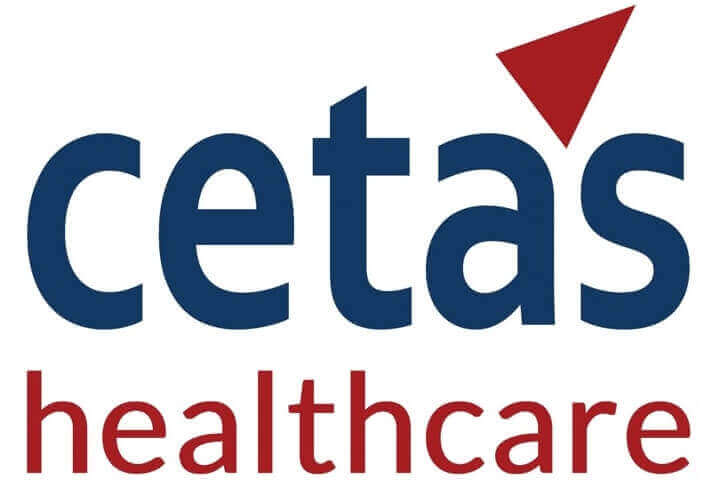X
The EU Medical Device Regulation (MDR) is a set of regulations that govern the safety and performance of medical devices in the European Union. The MDR is one of the strictest medical device regulations in the world, and it requires manufacturers to meet a number of stringent requirements in order to market their products in the EU.
Achieving EU MDR certification demonstrates to other countries that a medical device meets the highest standards of safety and quality. This can open doors to other markets, as many countries will accept the EU MDR certificate as proof of compliance with their own regulations. For example, Australia, Canada, Japan, and Switzerland all have medical device regulations that are similar to the EU’s MDR. This means that a medical device that is CE marked (the mark that indicates that a product complies with the EU MDR) will also be eligible for marketing in these countries without the need for additional/less testing or certification.
In addition, the MDR is increasingly being recognized as a global standard for medical device regulation. This means that as more countries adopt the MDR, the EU MDR certificate will become even more valuable in terms of opening doors to new markets.
Here are some countries that have a similar regulatory landscape as the EU for medical devices:
These countries have similar regulatory frameworks because they are all members of the International Medical Device Regulators Forum (IMDRF). The IMDRF is an international organization that promotes the harmonization of medical device regulations around the world.
In addition to these countries, there are a number of other countries that are working to harmonize their medical device regulations with the EU’s MDR. These countries include:
The harmonization of medical device regulations around the world will make it easier for manufacturers to market their products in multiple countries. This will help to increase patient access to safe and effective medical devices.
Possessing an EU MDR certificate demonstrates that a medical device has met the stringent safety and performance standards set by the EU. Many countries with similar regulatory frameworks may recognize this certification as a testament to the product’s compliance, leading to faster regulatory approvals and reduced time-to-market.
The EU is known for its rigorous evaluation processes, and an EU MDR certificate signifies a device’s adherence to high-quality standards. Holding this certificate enhances the credibility of the manufacturer and their product, instilling trust among foreign regulatory authorities, healthcare professionals, and end-users.
Countries with regulatory alignment to the EU often accept the technical documentation submitted for EU MDR certification as part of their own registration process. This reduces the burden of duplicating extensive documentation, making it more cost-effective and time-efficient for manufacturers to access these markets.
Acquiring an EU MDR certificate opens doors not only to the EU market but also to the broader EEA and the aforementioned aligned countries. This significantly expands the potential customer base and allows manufacturers to tap into new opportunities and revenue streams.
Having an EU MDR certificate can give manufacturers a competitive edge over competitors without such certification. It showcases a commitment to regulatory compliance and patient safety, which can influence procurement decisions from healthcare providers and institutions.
Navigating the complex and diverse regulatory landscapes across international markets can be a daunting task for medical device manufacturers. However, with the implementation of the EU MDR, several countries have aligned their regulations closely with the EU, creating a regulatory synergy that facilitates market access for certified devices.
Manufacturers holding an EU MDR certificate can enjoy accelerated regulatory approvals, enhanced credibility, reduced documentation requirements, and increased access to larger market networks. As the global medical device market continues to expand, leveraging regulatory harmonization between the EU and other countries presents a strategic advantage for manufacturers seeking to establish a strong global presence.


We provide the best insights for your business
